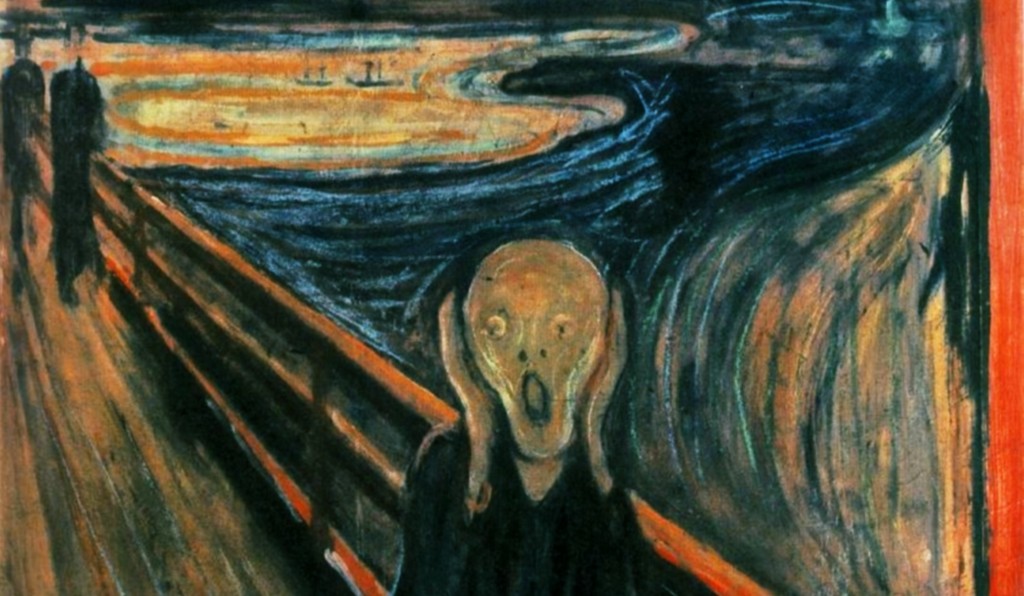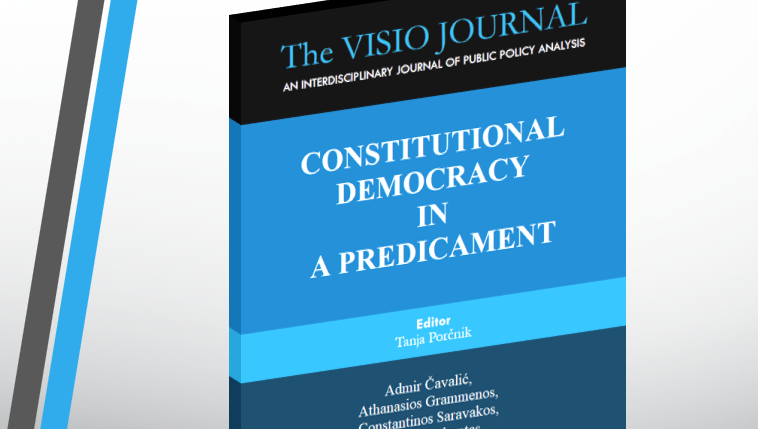
Emergence of TISZA Party: Has Two-Bloc System Returned to Hungary?
In February 2024, Hungarian public life, previously marked by apathy, underwent a dramatic shift. A political scandal that reached the highest levels of government awakened Hungarian society. This rapid change reshaped Hungary\'s political landscape within a few months and significantly shifted voter preferences. The party system was not spared from this rapid transformation either, and it can be clearly illustrated through Sartori’s party typology.






![European Culture: Between the Past and the Future with Isabelle Schwarz [PODCAST] European Culture: Between the Past and the Future with Isabelle Schwarz [PODCAST]](http://4liberty.eu/phidroav/2024/07/Episode-202-1469x800-1-1024x561.png)

